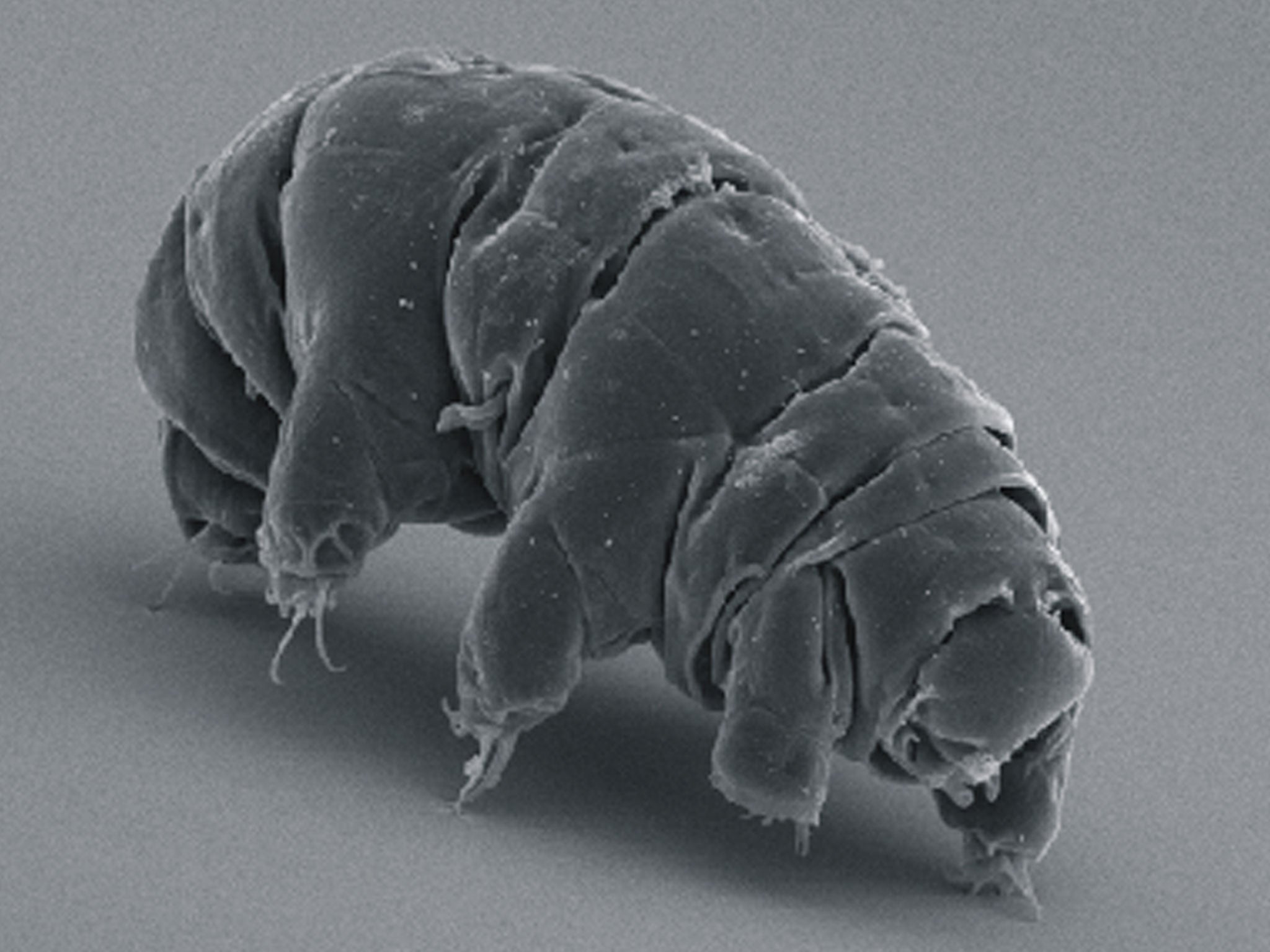Researching New Emergency Therapy Approaches
"When somebody is wounded, there's a window of time they have to get to a medic or a hospital. So our over-arching goal is: how do you prolong that time?"
"The vision is to have a test bed where we can deploy lots of different styles of these proteins and find out which are the best."
"The ultimate dream would be to design totally new proteins, never seen before. The work can then become a new platform for designing proteins."
Pamela Silver, professor of systems biology, Harvard Medical School
"You can use that [an algorithm to search millions of protein sequences for recurring patterns], in turn, to understand things about protein structure, function, effects of mutation or, even more so, to generate sequences for design."
"This is not a black-box approach where we throw in every possible combination and put in a load of features, and see what sticks. It is a form of unsupervised machine learning that doesn’t presume an outcome. The universe of possible protein sequences is infinite, so we want to be directed and targeted."
Debora Marks, computational biologist, Harvard
"It seems far-fetched, but if we demonstrate efficacy at the level of cells and tissues, it's possible to start thinking about these things [preserving whole, live bodies]."
"I started conceiving how we could improve upon nature’s ‘raw’ materials and functionalize them for human use."
Roger Larken Chang, bioinformation and molecular biologist, director, systems biology laboratory, Harvard Medical School
 |
| Tardigrades have special proteins that scientists believe help them achieve suspended animation when they are under stressful circumstances. Steve Sschmeissner/Science Source |
Medicine would ideally like to be able to slow down or stop time when being able to do so might spare a limb from being amputated, prevent paralysis following a stroke, or save a life in the wake of a heart attack. Organisms do exist that are able to 'cheat time' by decelerating their biology. Possibly the best known among them is the tardigrade. This is an aquatic creature of absolute minuscule size; like a speck of sand. The tardigrade is able to survive severe pressures and extreme temperatures.
It can be found in places as diverse as mountain summits and deep oceans, as well as in the watering can in your backyard. When impossible-to-survive scenarios plague it, the tiny creature evades death through entering a dormant state called anhydrobiosis. A research team at Harvard Medical School hopes to discover medical treatments that halt tissue damage, and to that end they are studying tardigrades for the special proteins they are thought to be imbued with which aid them to achieve that suspended animation.
The goal is to synthesize a version of the proteins with the intention of having them invade human cells to pause processes leading to cell death. In essence, finding that elusive 'pause in time' that could be critical to survival under otherwise life-terminating circumstances. These tiny creatures are also fondly known as water bears or moss piglets. The creature resembles anything one can think of; a sweet potato with eight legs, an eight-legged croissant, when viewed under a microscope.
They are invertebrates living anywhere where water can be found. They can be discovered in parking lots or in a clutch of moss, and alternately in the most weather-extreme environments on Earth, such as deep-sea trenches, hot spring, peaks of the Himalayas, to the depths of Antarctic ice. In periods of anhydrobiosis, tardigrades curl themselves into a desiccated ball, called a tun, lowering metabolism to 0.01 percent of normal. They can remain in this tun state for decades, then resume normal 'life' immediately upon rehydration.
Scientists discovered the presence of unique proteins called tardigrade-specific intrinsically disordered proteins in 2017. It is those proteins, unique to these creatures that may be responsible for placing tardigrades' cells in their protective state. And it is that very feature that is of primary interest to the research team at Harvard Medical School. How these proteins achieve that end is as yet unknown, but Dr. Chang feels they might form a biological glass to immobilize everything in a cell during stressful periods.
Dr. Chang is conducting a survey of these proteins, along with proteins associated with stress tolerance in other organisms. Debora Marks' laboratory has created an algorithm capable of searching millions of protein sequences to identify recurring patterns, and she is part of the research team's efforts. Their research is funded by the U.S. military in the search for protein-based therapies to halt bleeding and tissue death in traumatic injuries, explained Dr. Silver
Such a functional and ground-breaking therapy would have countless additional applications in theory, from refrigeration-free preservation of protein-based drugs; preservation of eggs for in-vitro fertilization, or organs for transplantation. Even, looking far enough into the future, possibly paving the way to preserve whole, live bodies for space travel or unspecified emergency scenario responses.
Water bears can live just about anywhere. They prefer to live in sediment at the bottom of a lake, on moist pieces of moss or other wet environments. They can survive a wide range of temperatures and situations.
Research has found that tardigrades can withstand environments as cold as minus 328 degrees Fahrenheit (minus 200 Celsius) or highs of more than 300 degrees F (148.9 C), according to Smithsonian magazine. They can also survive radiation, boiling liquids, massive amounts of pressure of up to six times the pressure of the deepest part of the ocean and even the vacuum of space without any protection. A 2008 study published in the journal Current Biology found that some species of tardigrade could survive 10 days at low Earth orbit while being exposed to a space vacuum and radiation.
LiveScience
 |
Labels: Emergency Therapies, Harvard Medical School, Health, Proteins, Research

0 Comments:
Post a Comment
<< Home